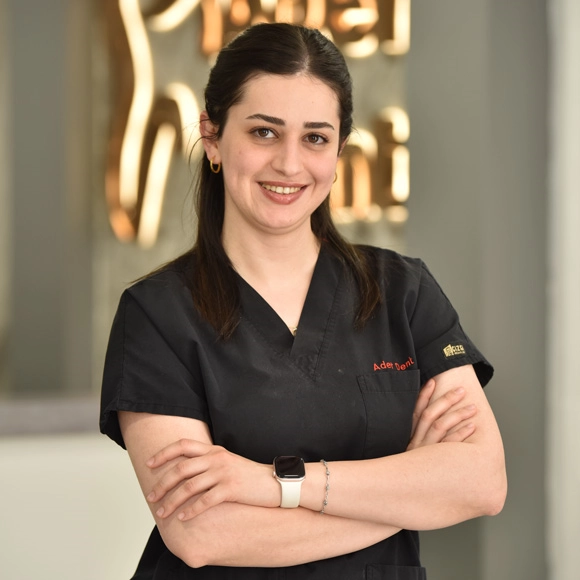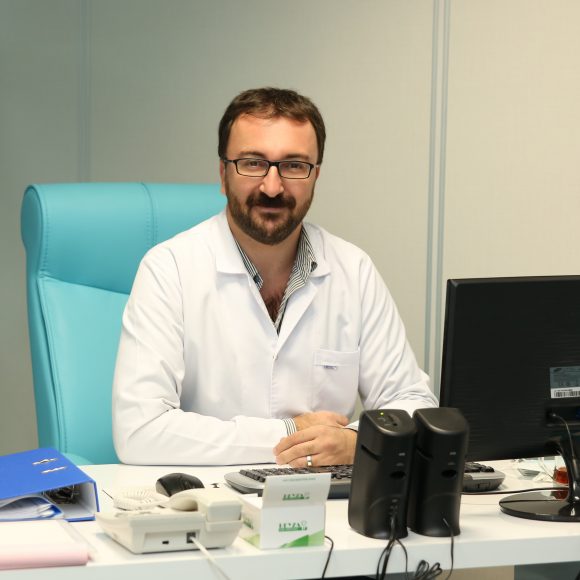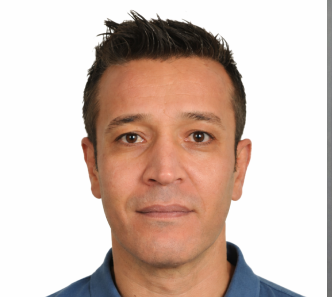Dental implant surgery is one of the most reliable methods for treating tooth loss. Once considered rare and hard to access, dental implants are now widely performed. They provide highly satisfying results both functionally and aesthetically, significantly improving patients' quality of life.
How Long Does Dental Implant Surgery Take?
The duration of implant surgery can vary depending on several factors. The most important ones include the patient’s oral structure, the density of the jawbone, and the number of implants to be placed. A single implant procedure typically takes about 30 minutes to 1 hour.
However, if additional surgical procedures such as bone grafting, sinus lifting, or preprosthetic surgery are required before implant placement, the total time may be extended. In full-mouth implant treatments or advanced bone loss cases, the treatment plan may be spread over several sessions.
In addition to the surgical time, the osseointegration process—where the implant fuses with the jawbone—must be considered. This healing period generally lasts between 2 to 4 months, after which the prosthetic tooth is placed.
What Is the Purpose of Dental Implant Surgery?
Dental implant surgery offers a permanent solution for individuals who have experienced tooth loss, addressing both aesthetic and functional needs. In this treatment, titanium screw-like structures are inserted into the jawbone where teeth are missing. These metal screws act as artificial roots and provide a strong foundation for fixed prosthetic teeth. Typically, porcelain or zirconia crowns are mounted on top of these structures.
This way, both the appearance and chewing function are restored to a state very close to natural teeth. Since implants can be applied without harming surrounding teeth, there is no need to trim neighboring teeth. Moreover, they help maintain jawbone volume and prevent bone loss.
As a result, the patient’s oral structure remains intact, facial aesthetics are preserved, and self-confidence is enhanced. For those seeking a long-lasting and durable solution, implant surgery is one of the most effective treatment options offered by modern dentistry. To learn more about the different types of prostheses applied in conjunction with this treatment, feel free to check out our fixed prostheses page.
Pre-Surgical Procedures Required for Dental Implants
A healthy jawbone is essential for successful implant placement. If the jawbone is insufficient, pre-implant procedures such as bone grafting or sinus lifting may be necessary.
🦷Ridge Split and Alveoloplasty
In cases where the jawbone is too narrow, ridge split and alveoloplasty procedures are preferred to widen the bone. This technique often allows implant placement in the same session, speeding up the healing process.
🦷Maxillary Sinus Elevation (Sinus Lifting)
In the upper jaw, the presence of sinuses in the posterior regions can obstruct implant placement. The sinus lifting procedure lifts the sinus floor to increase the necessary bone volume. Depending on the bone height, implant placement can be done either simultaneously or a few months after the sinus lift.
🦷Other Surgical Procedures to Augment the Alveolar Ridge
To increase the height and width of the alveolar ridge, either the patient’s own tissue or synthetic graft materials are used. These procedures may require a healing period of 4 to 6 months before implant placement.
When Is Dental Implant Surgery Necessary?
Dental implant surgery may be necessary in the following situations:
- In the presence of missing teeth,
- When the jawbone is insufficient,
- If removable dentures are uncomfortable or unstable,
- Implant surgery can be an ideal solution for patients.
Post-Surgical Healing Process After Dental Implant Surgery
The healing process following dental implant surgery depends on the patient's overall health and the type of procedure performed. Generally, recovery is rapid and complications are minimal.
Once healing is complete, the prosthetic teeth are placed, completing the treatment. To learn more about the types of prostheses and how they are applied, visit our prosthetic teeth page for detailed information.


 TR
TR







